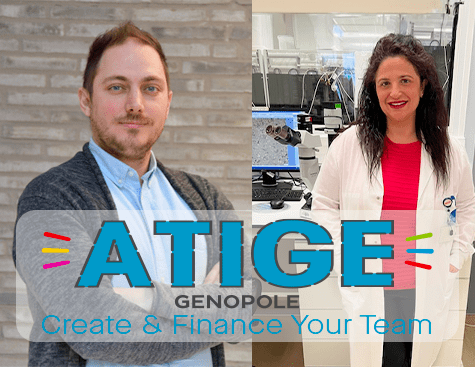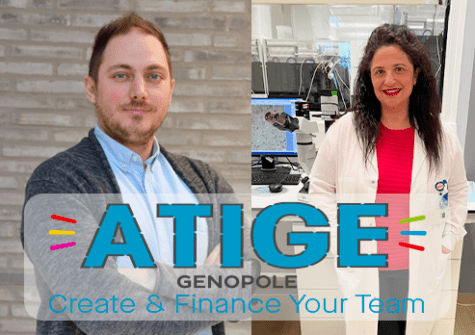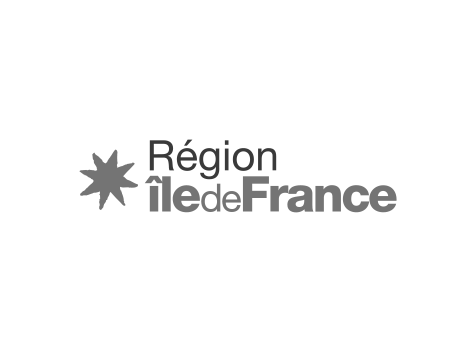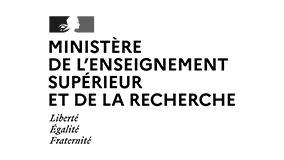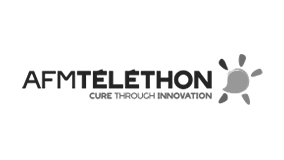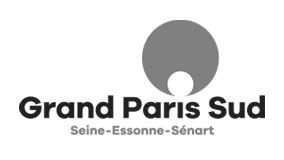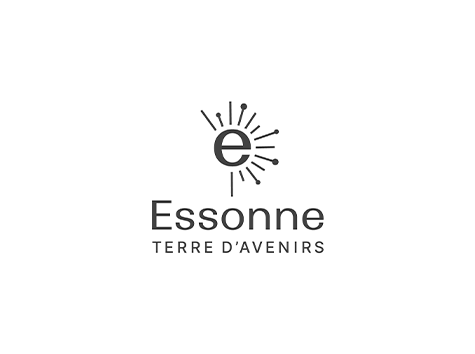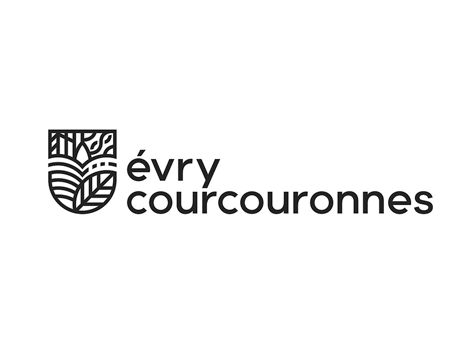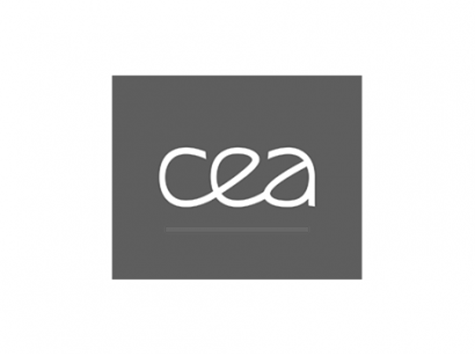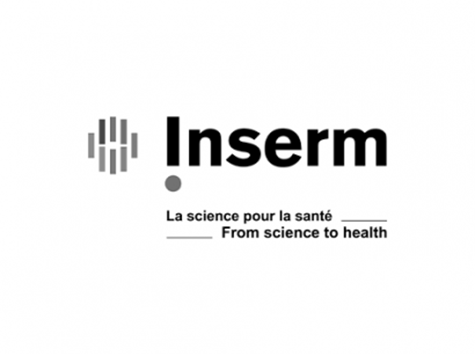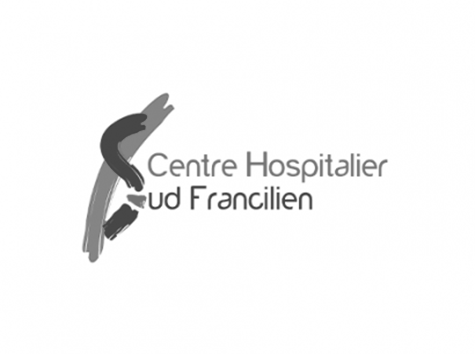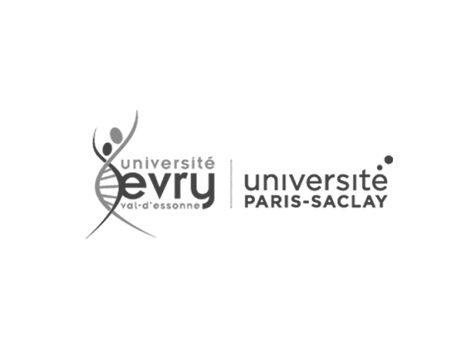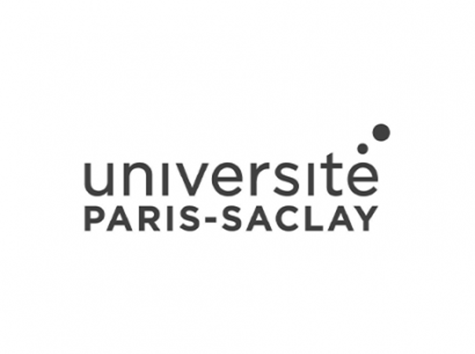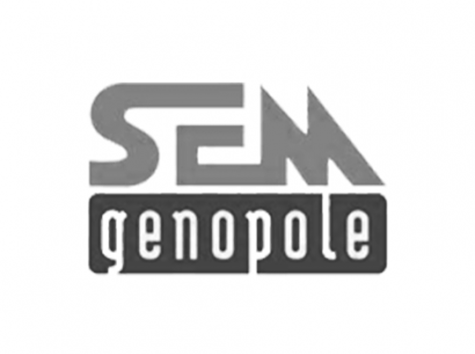With its two new Atige laureates, Genopole is enabling novel research in strategic biotech fields, specifically the security of genomics data in health, and the creation of therapeutic innovations from pluripotent stem cell technologies.

Since September 2023, Adnan Imeri, a researcher associated with the Genopole laboratory IBISC (informatics, bioinformatics and complex systems), has been developing methods to secure genomics data using blockchain technologies.
Adnan is at that Évry lab one week per month because he has also been affiliated with the Luxembourg Institute of Science and Technology (LIST) since February 2023. This bridge created with LIST extended IBISC’s field of research to those blockchain technologies, which have demonstrated their interest for protecting sensitive data in many domains.
The Évry lab will host a team currently being created, comprising a postdoc and two engineers, one of whom will be recruited thanks to Atige funding.
Listen to Adnan Imeri present his research
 Jennifer Allouche became an Inserm researcher in January 2024 at the stem cell research institute I-Stem.
Jennifer Allouche became an Inserm researcher in January 2024 at the stem cell research institute I-Stem.
Within the genodermatosis group headed by Christine Baldeschi, she is creating a research team focused on the generation of melanocytes from stem cells for applications in vitiligo, an autoimmune disorder that caused progressive depigmentation of the skin.
Her team, currently composed of a technician and a part-time engineer provided by I-Stem, is to grow with the addition of a postdoc or an engineer financed by an Atige grant.
Jennifer provides the necessary expertise on pigmentation regulation mechanisms acquired during her five years at Harvard Medical School (Boston, USA).
Listen to Jennifer Allouche present her research
“Support our major orientations to remain a leading hub for R&D”
Genopole allocates 26% of its budget to supporting the biocluster’s academic laboratories and their scientific programs.
An important part of that is invested in targeted programs to:
- favor the arrival and stay of new research teams at the biocluster (Genopole Thematic Actions Incentive or “Atige grants”),
- welcome postdoctoral students in Genopole businesses or laboratories (ApogeeBio financing and accompaniment),
- ease student access to research internships (Master 2 Grants),
- enrich training and scientific networks for PhD students (International Mobility Grant),
- support biomedical research (Call for Innovative Ideas, Biomedical Research Grant).
By providing Atige grants to Adnam Imeri and Jennifer Allouche, Genopole is strengthening the Évry scientific hub in important research issues: on one hand securing genomics data to optimize their medical use, and on the other developing innovative biotherapies.
In return, these scientific leaders benefit from the Genopole ecosystem, its campus of biotech labs and businesses, and privileged ties notably to the territory’s higher learning institutes and the South Île-de-France Medical Center.
They will also benefit from access to state-of-the-art scientific equipment via the biocluster’s shared-use technological platforms.
 Roxane Brachet, Academic Partnerships Manager at Genopole:
Roxane Brachet, Academic Partnerships Manager at Genopole:
“The Atige grants support our major orientations. They allow us to maintain our place as an important hub for R&D, in France and across the globe, in such subjects as the treatment of genomics data, bioinformatics, gene & cell therapies, the biomanufacturing of these innovative therapies, and synthetic biology and its applications for a sustainable bioeconomy“.
Atige grants: more than 20 research teams and their novel themes at the Genopole biocluster
Support for research is one of Genopole’s major axes in its policy for attractiveness. With a yearly call for candidates, the Genopole Thematic Actions Incentive (Atige) is an important lever for that support.
Atige laureates receive €250,000 in financing over three years with the possibility of financing technicians or engineers (fixed-term contracts) and postdocs, as well as operating costs.
Through Atige, 35 researchers have been able to create their teams, of which 21 are still at Genopole today. The results born of their scientific excellence strengthen Genopole’s strategic axes.

